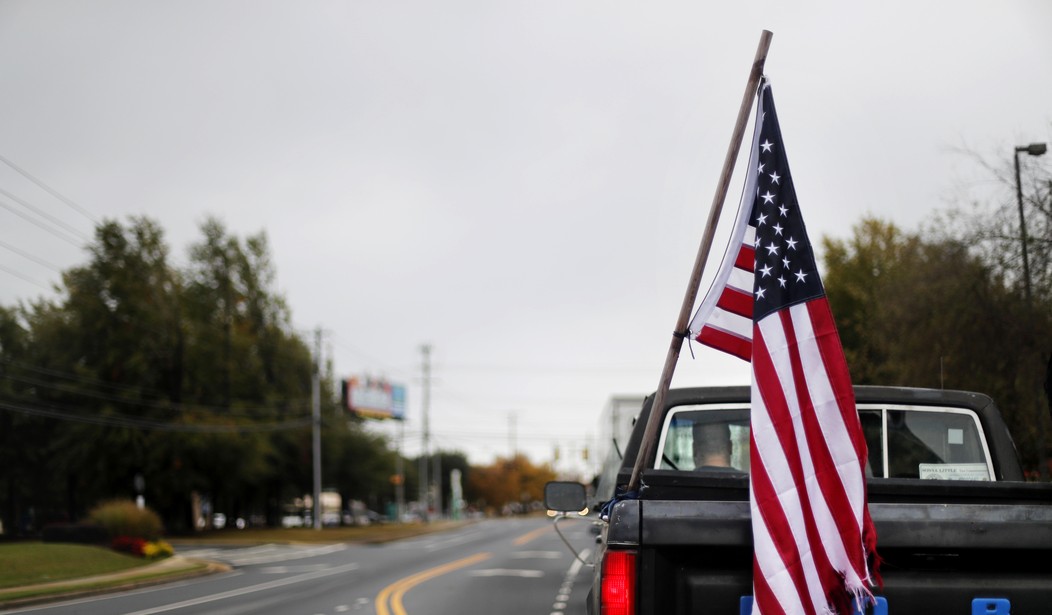Yesterday we celebrated the 246th anniversary of America's founding. It came about as an act of Congress. The differences between the Congress of 1776 and 2022 are extraordinary.
Then, Congress had just 56 members. Now, 535. Then, as now, our nation was in the midst of insurrection. On Wednesday, April 19, 1775, British troops fired on American "insurrectionists" in Lexington and Concord, Massachusetts.
Congress sprang into action!
Fourteen months later, June 11, 1776, the Continental Congress met in Philadelphia to decide what to do about British efforts to impose total control over everyone in their 13 American colonies.
Congress appointed a committee and ordered them to draft a secret document. On Wednesday, June 12, 1776, the committee met in a rented room in a boarding house at Market and 7th Streets.
It took the five members of the secret committee 14 days -- they didn't meet on Sundays -- to reach agreement on a draft. On Friday, June 28, 1776, they presented their draft to those who set them to their task.
The "committee of the whole" chaired by Benjamin Harrison of Virginia tabled the resolution for editing. In just two days the larger body made 86 changes, eliminating 480 words and leaving 1,337 words.
The evening of July 1, 1776, was hot and steamy. The chairman of the five-man committee sat at the portable desk he designed and built and began preparing what all hoped would be the final version of the document.
Upon the urging of the chairman, he was left alone to complete his work.
On Tuesday morning, July 2, a 33-year-old Virginia farmer delivered his "fair draft" on four pages of parchment. The farmer was Thomas Jefferson, and the body to which he delivered the document was the Second Continental Congress.
Recommended
These 56 representatives of the 13 colonies resolved that day to declare independence from Great Britain. That night in a letter to his wife, Abigail, committee member John Adams wrote:
"The Second Day of July 1776, will be the most memorable Epocha, in the History of America. I am apt to believe that it will be celebrated, by succeeding Generations, as the great anniversary Festival. It ought to be commemorated, as the Day of Deliverance by solemn Acts of Devotion to God Almighty. It ought to be solemnized with Pomp and Parade ..."
According to the Congressional Record, on July 4, 1776, Benjamin Harrison of Charles City County, Virginia, "delivered to congress a final reading of the document which was unanimously agreed upon."
The document, of course, is the Declaration of Independence.
To this day it remains the only seminal document of any nation on Earth to pay homage to God Almighty. No founding document for any other nation reflects on "the laws of nature and of nature's God." No other proclamation declares all people "are created equal" and "endowed by their Creator with certain unalienable Rights, that among these are Life, Liberty and the pursuit of Happiness."
No other national manuscript appeals "to the Supreme Judge of the world for the rectitude of our intentions ..." or places the fate of its signers in the hands of God with a prayer like this:
"For the support of this Declaration, with a firm reliance on the protection of divine Providence, we mutually pledge to each other our Lives, our Fortunes, and our sacred Honor."
Those prayers and pledges were ratified in the U.S. Constitution on Sept. 17, 1787, and the Bill of Rights on Dec. 19, 1791.
Today, in the midst of an insurrection against our Declaration of Independence and our Constitution, "We the People" must elect a Congress willing to sacrifice "selfish" for "selfless."
Oliver L. North is a combat-decorated U.S. Marine, founder and CEO of Fidelis Publishing and Fidelis Media. Find out more about him at www.olivernorth.com. David Goetsch is a Marine Corps veteran, member of the Florida Veterans Hall of Fame, professor of business, and Christian counselor. Find out more about him at www.david-goetsch.com. Their new book "Tragic Consequences" is available at www.faithfultext.com.
























Join the conversation as a VIP Member